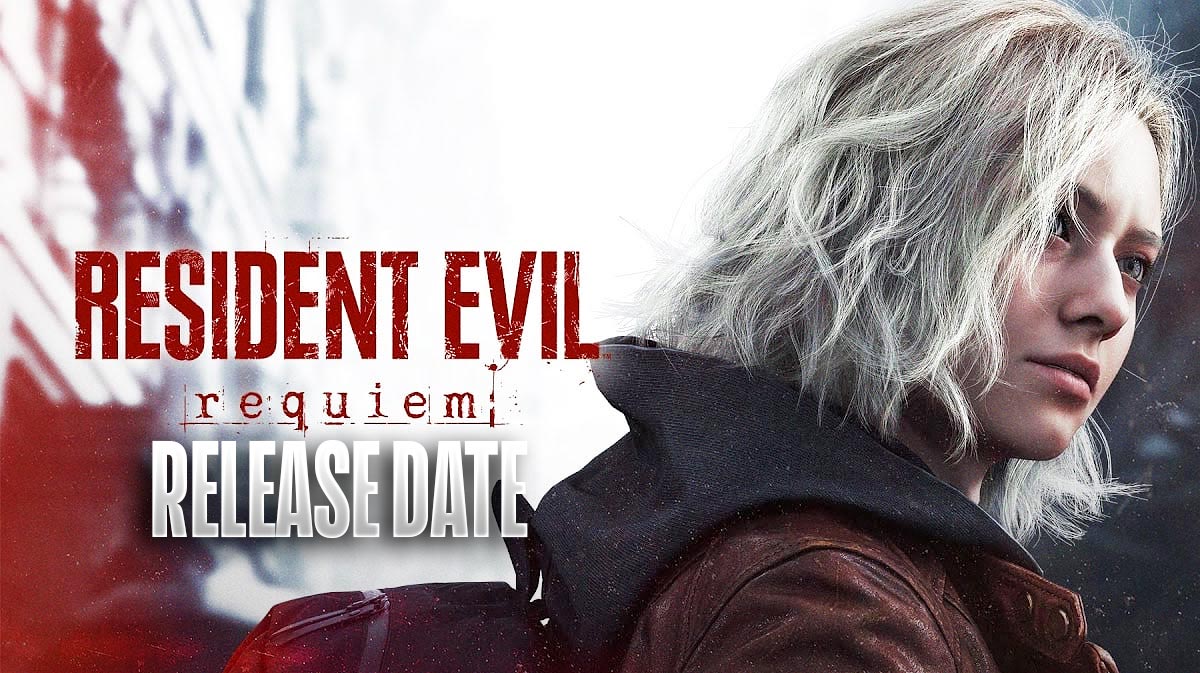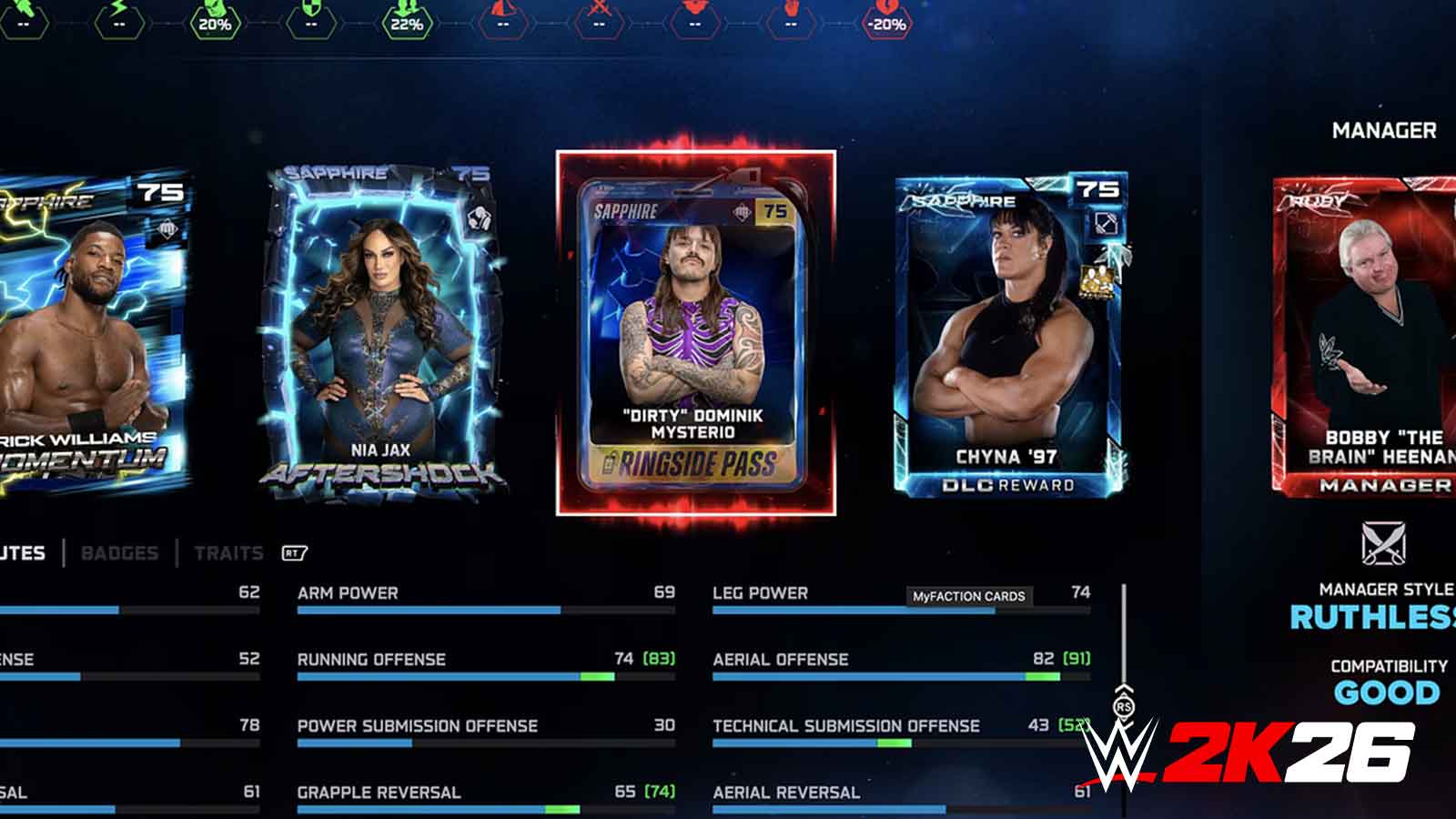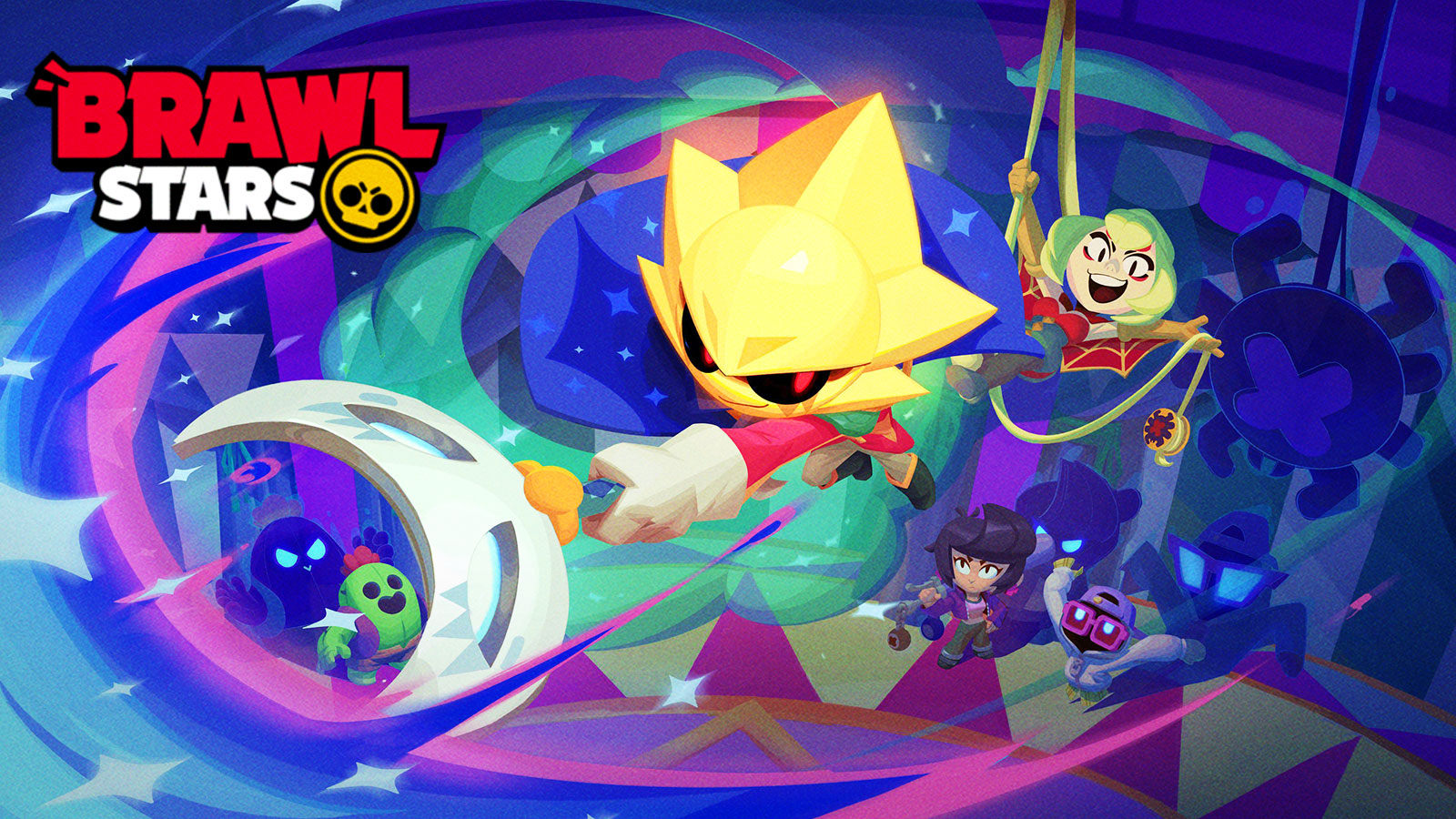Potionomics is easily one of the best potion-making games I have ever played in recent times. This is due to its easy-to-learn, but hard-to-master potion brewing and haggling mechanics, as well as its loveable cast of characters. Keep going for my review of Potionomics, as we take a look at its gameplay and story.
If you are interested in learning more about Potionomics, I've actually made a first impressions article based on the demo from the recently concluded Steam Next Fest. That review has most of the basics of Potionomics down and should give you an idea of the game's basics. This review will be a more in-depth look at the game, based on its full release. If, after reading that article and this one, you find yourself interested in the game, then you can head on over to its Steam page to but the game for yourself.
After spending more time on the game, I feel like I have seen enough of the game to complete this review. I am currently through my third week in the game, with 16 hours of total gametime. With that out of the way, let's dive into the review of Potionomics' gameplay, story, and more. I will warn you, however, that there are minor spoilers in this review.
Potionomics Review
Potionomics Background
The full version of Potionomics starts off just like the demo does. You play as Sylvia, a fresh graduate who just inherited a potion store from your Uncle. Your uncle was one of the first inhabitants of the island of Rafta. Instead of inheriting a bright and shiny store, however, you inherit a run-down, derelict store. Soon after, you meet Helene, a witch in charge of settling your uncle's debts. As it turns out, your uncle borrowed a lot of money to build the potion store. As his heir, it falls on you to pay it. Helene requires you to pay one million gold, or spend the foreseeable future chained to a desk and working for her. Of course, you decide to pay it off yourself by running the store, and Helene accepts.
Potionomics Gameplay
This is where the main gameplay loop of Potionomics comes in. Every week (which in this game is ten days), Sylvia is required to enter a competition that pits her potions against those of others. The prize money she receives from those competitions is then used to pay for her debt. This cycle repeats until the whole debt is paid. Although this sounds simple enough, it's anything but. In my first run-through of the game, I managed to reach the end of the week, and even make potions I was proud of. However, I failed to beat my rival and received a game over. This happened around 4 times before I decided to take a break and review what I had learned.
For starters, I had access to way more ingredients now. In just my first week in the full game, I found 30 out of the 200 or so ingredients in the game (if memory serves me right). This sheer amount of ingredients easily overwhelmed me. Not just that, but the number of places that gave ingredients also increased. Compared to the one source of ingredients in the demo, there are more in the full game: Quinn, who sold them to you directly, Mint and Xid, who you could hire to go on adventures and find ingredients, and Baptiste, who had investments that returned ingredients.
This sudden increase in ingredients and sources was so confusing when I first played through the game, as I had no idea what the best method of getting ingredients was. Not only that, the ingredients now had positive and negative traits that could affect potion prices. This influx of new information and features was so overwhelming and yet, I found it all enjoyable.
Potionomics' gameplay is a learning experience. There's a reason why the game has 20 save slots, and that is because you will most likely fail a few times. Not just in the first week, but in every week after. You will most likely not get through the first week on your first try, and that's okay. It wasn't until I started from the beginning, and applied all that I learned from my first failed playthrough that I managed to beat my first week in the game. Was it difficult? Of course, it was. Was it enjoyable? Most definitely.
The gameplay of Potionomics, as I mentioned, is easy to learn. Potion crafting is just a matter of balancing various ingredients until you get the ratio of magimins that you are aiming for (magimins are basically the potion components present in each ingredient). The haggling itself is a very simplified trading card game, where your opponent only makes one move a turn, and haggling sessions only really last around 3 to 5 turns. Managing your day-to-day life is also easy. The actions that consume time are properly marked, and it's very easy to schedule tasks. All of the other features like Mint and Baptiste's services are also easy to understand, as it clearly shows you the results.
However, as I also said, it is hard to master. I had to fail my first week a few times before I realized what I could be doing better. I learned what I should be doing with my time, and how I could better utilize and optimize my day. Other than that, I also learned what ingredients I should be looking for, and what kind of potions I should be making. I basically played through the whole first part of the game twice in a row. And yet, I still had an enjoyable time.
It's important to note, however, that the competitions are now easier. This is thanks in no small part to a lot of players commenting about the game's difficulty. Halfway through my second week, the game was patched to make it easier. While this is a good move to let others take their time and enjoy the game, it also removes some of the challenges. When I first played the game, I had to make a good enough potion, and haggle my way to the win. Now, I just had to play one card, and it was enough for me to win. While this should be a good thing, it felt like I didn't really earn my win. It felt much more fulfilling when I had to haggle the price of my potion to beat my opponent's.
The bright side of this gameplay change, however, is that I got to at least give a little more focus on Potionomics' story.
Potionomics Story
Potionomics' story introduces you to so many characters. All of these characters stand out to me and have such distinct personalities that make them easy to remember. You see this not just in how they talk, but also in how they act. Potionomics does not have voice acting, and that is a turn-off for some people. Voice acting is one of the easiest ways to convey a character's emotions in video games, and yet Potionomics is able to do just that even without voice acting. Whenever you interact with characters in the game, you will notice just how exaggerated they are. Their actions, their facial reactions, and even how they stand. All of these combined does a great job of conveying how the character feels at that moment.
Take Sylvia, for example. Whenever you receive stress in the haggling sessions, you can see her looking away from the customer and biting her nails. Sometimes, you even see her clutching her chest as if she was hurt. This happens with all of the characters. This exaggeration of movement reminds me a lot of theater acting, where the actors must make large movements to better convey what was happening. Potionomics manages to do that, and in doing so tells a story not just through the text, but also in the characters themselves.
Other than the characters, the story of Potionomics itself is very interesting. I found myself wanting to find out just what happened to my uncle. I was hooked on each of the character's stories as I got to know them better. There were so many things that I wanted to learn about this world, that despite the game's innate difficulty (although, as mentioned, it's easier now), I just found myself playing more. I won't spoil the full story, of course, as it's something that you should experience for yourself. I will say however that I am very much enjoying interacting with Xid, and that I will be aiming to romance her in my playthrough.
Potionomics points of improvement
A lot of the points of improvement I noted during my playthrough are mostly Quality of Life changes. For example, having the ability to click outside of the book or my card list to close it is helpful. At the moment, I have to manually press the on-screen return button to exit my menus. This is not very convenient. Other than this, I also wish there was a way to play the game at its original difficulty. Ever since they made the first three competitions easier, it just felt like my wins were only brought about by my potion making skills, even though haggling is such a huge part of the game.
I also wish they'd allow me to play the game past the five weeks needed to complete the competition. There's so much content in the game, specifically befriending the various named NPCs. 50 days is just not enough to get to know them more, and win the competitions. Having a new game plus. or a free-play mode after the competition would help a lot in experiencing the world of Potionomics more.
Potionomics Review Summary
To summarize this review, Potionomics helped me fulfill my dream of becoming a potion store owner in a fantasy world. Although the game's learning curve is pretty steep, it is by all means an enjoyable journey. Potionomic's gameplay and story synergize so well, and you can feel the amount of love and care the developers put into making the game. The game's overall difficulty is now also lower after two patches. Personally, it takes away some of the satisfaction of beating the competitions. However, it gives me the opportunity to enjoy other parts of the game. I am going to keep playing this game, and I will aim to make this strongest potions of the land.
Score: 9/10
Editor's Note: ClutchPoints received a PC review copy of Potionomics to allow us to cover the game. This copy did not, in any way, affect this Potionomi Review's verdict.




















